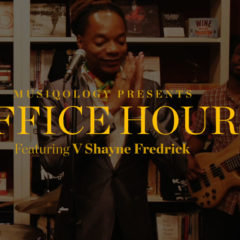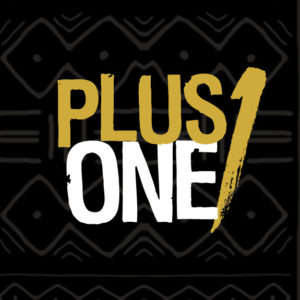16 Bars is a recurring column at MusiQology. When we want to get a sense of the discourse around a particular pop culture moment or event, we search the web, highlighting diverse voices across social media and aggregating them in a kind of thematic digital verse. A sign of a rapper’s ability is his or her ability to freestyle 16 bars—MusiQology’s piece is an improvisational sampling of speakers in concert.
It’s not every day that a new album goes platinum before it’s released, but such was the case with Jay Z’s 4:44, which dropped to much acclaim and critical conversation on June 30. A much-anticipated follow-up to his wife Beyoncé’s Lemonade, 4:44 is a minimalist record in comparison to Jay’s last release, 2013’s Magna Carta Holy Grail, but it covers a lot of significant territory, including his marital infidelities, the lesbian identity of his mother, and the continuing intersections of blackness, masculinity, and wealth in hip hop and America more broadly.
We’ve compiled a list of 16 of the web’s most insightful stories on the album, which help paint a rich picture of the newest Songwriters Hall of Fame member, whose work is as much a cultural event as it is a historical marker of what black celebrity looks, acts, talks, and thinks like at a particular moment.
The Politicization of Jay-Z: The Unlikely Radicalism of a 47-Year-Old Hip-Hop Icon – Greg Tate, Village Voice
The lil radicals now online assailing Jay-Z for propagating that oxymoron Black Capitalism have got it all wrong. Try Black Tribalism, my nuh. Try Black economic nationalism, to be specific. Marcus Garvey wouldn’t be mad at Hov’s 4:44; nor would Garvey’s hero, Booker T. Washington; nor the heir apparent of Garvey’s Universal Negro Improvement Association, Elijah Muhammad’s Nation of Islam; nor Berry Gordy neither. Not to mention David Bowie, who related how, when he first shook P. Diddy’s hand, Diddy said, “Wow, strong grip — I need to meet your trainer.” To which Bowie retorted, “That grip’s not from the gym, Puff. That’s from forty years of trying to hold on to your money in the music business.”
20 of the Best Lyrics from Jay-Z’s ‘4:44′ Album – Preezy, XXL
“Kill JAY-Z, they’ll never love you/You’ll never be enough, let’s just keep it real, JAY-Z/Fuck JAY-Z, I mean, you shot your own brother/How can we know if we can trust JAY-Z?/And you know better, nigga, I know you do/But you gotta do better, boy, you owe it to Blue”
The Story of Jay-Z – Adam Serwer, The Atlantic
There’s an old strain of black capitalism here that runs from Booker T. Washington through the Black Power movement to the Nation of Islam and beyond. Carter is also drawing on an old tradition of using American Jews as a model of a downtrodden people who found success in America. Frederick Douglass predicted that just as Jewish people had “risen” despite discrimination in Europe, “in like manner the Negro will rise in social scale.”
Jay-Z’s ‘4:44’: A Track-by-Track Guide – Elias Leight, Mosi Reeves, Al Shipley, Rolling Stone
Jay-Z is startlingly contrite from his very first line here [on “4:44”], where he seems to admit his disloyalty: “I apologize/Often womanized/Took for my child to be born to see through a woman’s eyes.” He continues in this vein for almost the entire song, which plays as a lengthy list of regrets: The phrase “I apologize” appears no less than seven times. Some lines: “You mature faster than me, I wasn’t ready”; “Like the men before me, I cut off my nose to spite my face”; the blunt admission, “I suck at love”; and “It took too long for this song/I don’t deserve you.”
‘4:44’ Producer No I.D. Talks Pushing Jay-Z, Creating ‘500 Ideas’ – Elias Leight, Rolling Stone
A little after that, I decided to just do 500 ideas in a short amount of time. It’s like shooting free throws in the gym. I’m going to do this until I have something new. When I got up in the hundreds, I thought I had something new. The first person I actually went to see was J. Cole. I played him them and said, “Who do you think I should give this to?” I wanted a different perspective. We discussed some things, and it led to me hitting Jay-Z up.
Jay Z’s ‘4:44’ Reveals the Limits of Decoding Art as Fact – Lauren M. Jackson, Complex
For there is another major difference between his and hers (besides, again, the fact they sound nothing alike and are entirely different genres of music). While Lemonade grows all the richer for an exploration of the vast intertexts accumulated under every beat, every camera angle, every fashion choice, 4:44 just isn’t the same type of artifact. This is not a negative criticism of the latter album, but rather a formal quality borne out of perspectival differences. 4:44 comes from the person who done wrong and that type of story, if honestly told, refuses to allow any places to hide. Sometimes interiority is selfish. Those who plumb the lyrics for gossip at the expense of their own emotional interfacing with the album seem to have missed the point. The Jay of 4:44 knows there is no inside to making pain when the wounds occur on someone else’s body.
JAY-Z Sets Himself Free on ‘4:44,’ His Best Album in Years – Lawrence Burney, Vice
This personal direction adds an element to the album’s aspirations of being a how-to on liberating black people. Sure, investing in art will give you a chance to multiply your money. If you’re getting your money on the block, letting said block define your value instead of establishing a business in that neighborhood probably won’t end well. Owning the masters to your own catalog will save you a lot of hassle and hardships as an artist, too. JAY-Z’s story is an American fantasy to some more than it is the American Dream. He capes for capitalism so hard because, to him, that is the most accessible tool for obtaining freedom in America’s current system. But maneuvering through that system in the way that he did happens for a fraction of a fraction of black people in this country. And even if one is to check off all of those steps, if they don’t address their own emotional turbulence and shortcomings in the midst of gaining financial freedom, aren’t they still in prison?
How the confessions are pouring out on Jay-Z’s new album ‘4:44’ – Jon Caramanica, The Independent (via The New York Times)
It is also the first Jay-Z album in a decade that doesn’t pretend to be competing in the present moment. It is the sound of a 47-year-old aesthete working at his own pace, dismantling his facade and reminding himself of all the natural poignancy that the bluster has been obscuring.
How Jay-Z and Beyoncé use music to control the narrative around their marriage – Constance Grady, Vox
Almost as soon as the Carters began to integrate the story of their marriage into their music, the gossip industry took control of the narrative, and things got, as Beyoncé predicted back in 2005, “messy.” Beyoncé and Jay-Z both came out of it looking like shrewd, calculating liars. Their marriage stopped being good for their brands and started to hurt them instead. So Beyoncé took over the story, and she did it with her most potent weapon: her music.
Jay-Z Revels in the Catharsis of Confession on ‘4:44’ – Jon Caramanica, The New York Times
When rapper self-mythologizing was in its infancy, Jay-Z was its most faithful student. He absorbed the art of the boast, and built on that to create one of pop’s most fascinating characters: the street-corner hustler turned multimillionaire, slick and unbothered. Complex emotions often formed the foundation of his tales of ascendancy, but his greatest talent was making his path seem smooth and inevitable. No matter how high the stakes, he remained cold as ice. When you are on top, or racing there, this is an unimpeachable approach. But when you’ve been reigning for a while, it can come to seem despotic, ungenerous, false. When your equally famous wife lays waste to that manicured image with an album full of personal, musical and political fire, continuing with the old way of doing things is not an option. Evolve or disappear. Find new life or accept death.
4:44, Jay-Z, and the luxury of living long enough to own your mistakes – Hanif Willis-Abdurraqib, Vox
4:44, it seems, is the album of Jay-Z’s growing up — not expanding in size or scope, or taking on a new meaning in the canon, but wrestling with the emotional reckoning that comes with age, and how it never truly stops, even when you have sped past 40 and the half-century mark lies ahead, tapping its watch and waiting for you to come inside. With this growth comes a type of vulnerability, or at least the performance of it, and for Jay-Z, that means coming clean about how sad he is about all he’s done, and being celebrated for it — and that is perhaps the biggest luxury afforded to a star whose life has no shortage of luxuries.
Let’s Unpack Jay-Z’s ‘4:44’ – Andrew Flanagan, NPR
Jay also addresses the continued tumult around Prince’s estate, which has ratcheted up in chaos over the past couple of months. On “Caught Their Eyes,” which regrinds Nina Simone’s cover of Randy Newman’s “Baltimore” and features Frank Ocean, Jay-Z says Prince “told me his wishes before he died / [Former Prince estate attorney] L. Londell McMillan must be color blind / Only see green from those purple eyes … You greedy bastards sold tickets to walk through his house / I’m surprised you didn’t auction off the casket.”
First Listen: Jay-Z’s “4:44,” an Album of Love and Wealth – Doreen St. Félix, New Yorker
In “The Story of O.J.,” Jay gives us his sort of morality tale, using the example of O. J. Simpson, who famously said that his success had made him raceless. “Still nigga, still nigga,” Jay-Z says, pointing his finger at the sort of archetypal, upwardly mobile black person who forgets where he comes from when he reaches the top. The video that accompanies the song alters its tone. A cartoon Jay-Z, made to look like a Sambo-era, animalized pickaninny, traipses through Brooklyn. The black people around him suffer their historical torments—cotton-picking, then segregation, then red-lining. He is lynched. Now an angel in the sky, he takes up guardianship of his home town, showering the black inhabitants with dollars and coins, as if to say, in his heavenly America, wealth would be weather.
12 Thoughts On Jay Z’s New Album, “4:44” Because We All Care Right Now – Panama Jackson, Very Smart Brothas
As a beat head, I fucking LOVE the beats on this album. I’m a sucker for a good sample use and No I.D. murked these samples.In particular, my favorites so far are “The Story of O.J.”, “Caught Their Eyes”, “4:44”, “Family Feud”, “Bam”, “Moonlight”, “Marcy Me”, and let me say a little something about “Legacy”. GOTDAMN. Look, I love Donny Hathaway. I’m a well-documented Donny stan. So if you’re going to sample Donny, to me, you better use it well and shit. It seems like producers don’t really fuck up Donny samples and “Legacy” is another in the line banging ass uses of a Donny sample. As a production head, I appreciate this album for being a nod to straight sampling without focusing on radio friendliness. Thank you, No I.D. and Jay for making an album in 2017 that could have come out in the 90s, the 00s, and obviously sounds good today.
Jay-Z’s ‘4:44’ isn’t a transformation — he’s always blended family and business – Paul Thompson, Mic
It’s easy — and maybe fair — to read Jay’s wealth talk as vain, shortsighted or even boring. You don’t have to have a Ph.D. in sociology to know that financial gain will not necessarily reverse white supremacy. But it’s important to consider the arc of Shawn Carter’s life. None of this came easily: He lived in public housing, sold crack through his mid-20s and all the while was watching friends and family members lose their freedom, their health or their lives. His debut album as a solo artist, 1996’s Reasonable Doubt, didn’t come out until he was 26. He fought his business partner, Dame Dash, for ownership of Roc-A-Fella Records; he fought to make Rocawear a profitable enterprise; he fought for everything he wanted, and he won. He made capitalism work for him.
Jay-Z’s Pitch for Generational Wealth – Spencer Kornhaber, The Atlantic
This confessional thread is remarkable on its own, but it also serves as a headline-baiting advertisement that helps to spread 4:44’s deeper message about commerce and racial progress. Hip-hop’s materialist streak has always been tied to black struggle, and Jay-Z has long rapped about his hustling—whether as musician, businessman, or drug dealer—as a reaction to growing up poor and under threat. But for 4:44, he consolidates his thinking on the link between material success and racial inequality with some big-picture, long-term prescriptions. “Generational wealth, that’s the key,” he says on the closer, “Legacy,” which is essentially his will and testament in song form. “My parents ain’t have shit, so that ship started with me.”

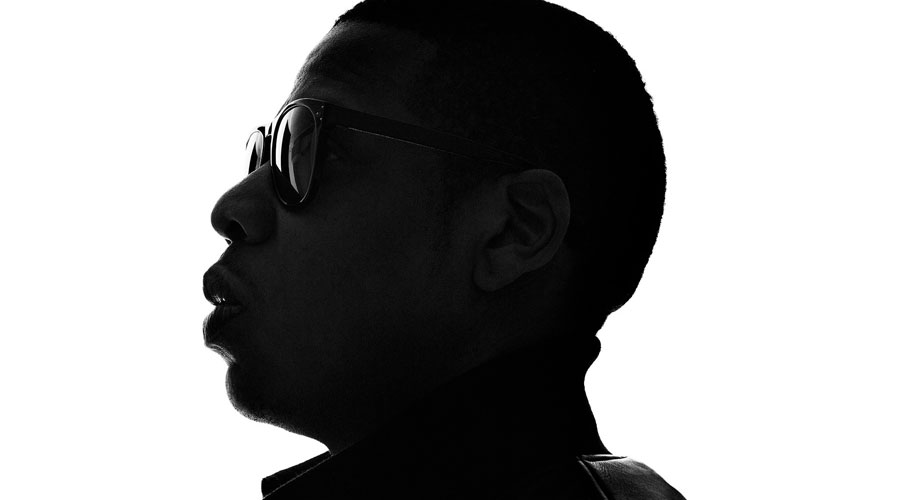
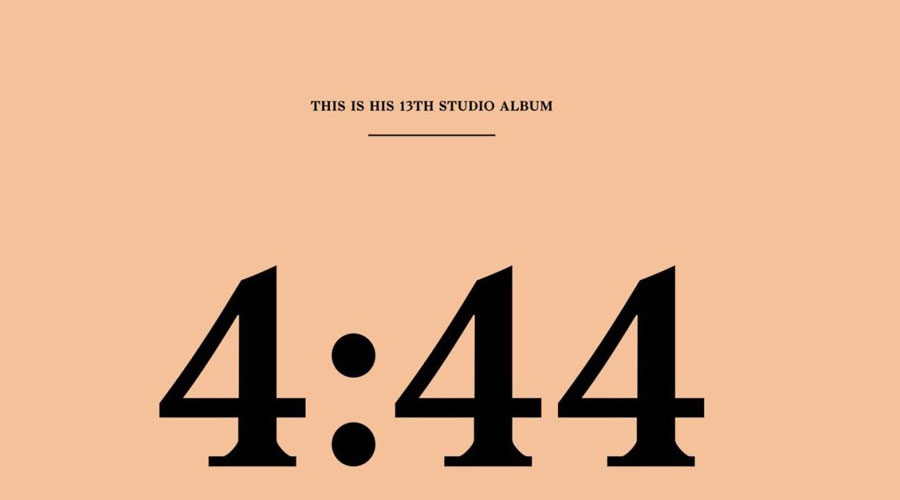
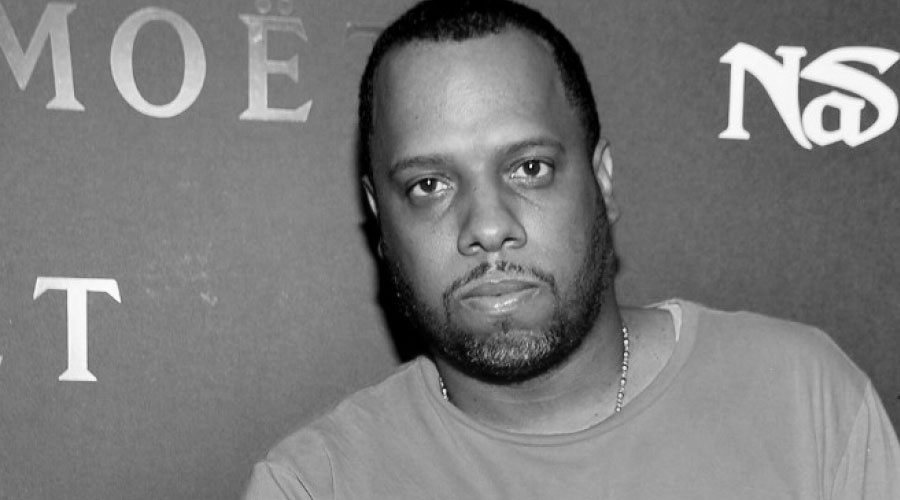
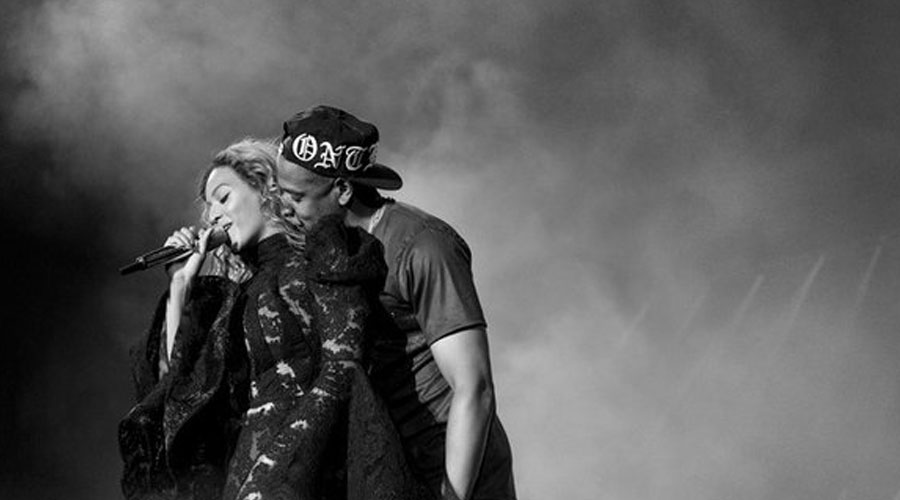
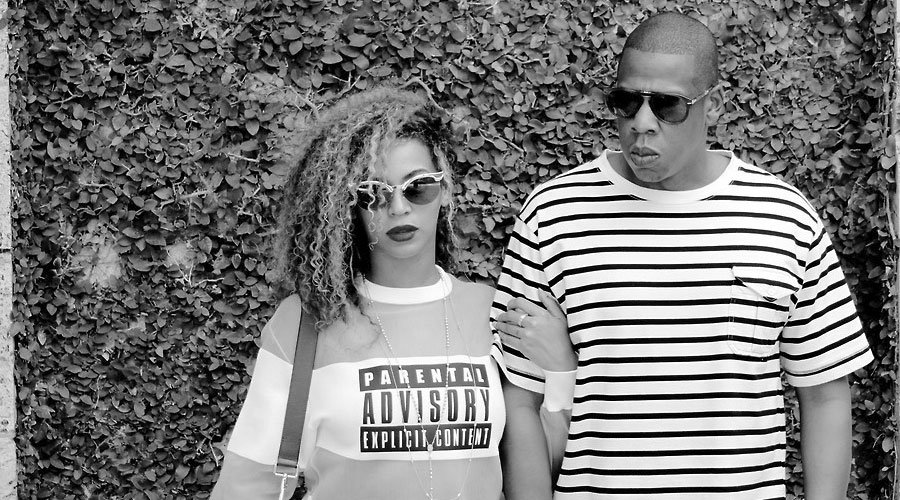
 Share On Facebook
Share On Facebook Tweet It
Tweet It


